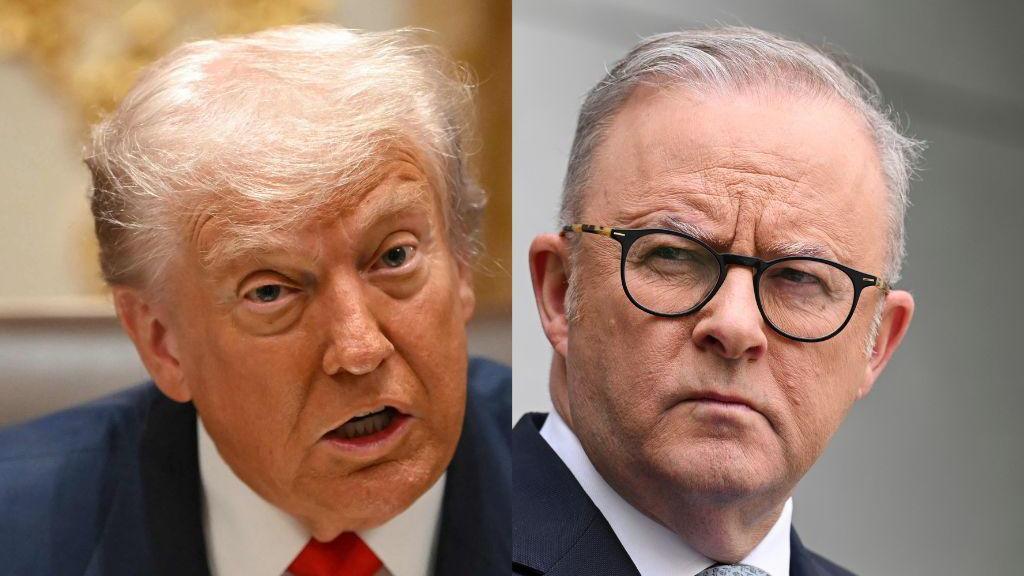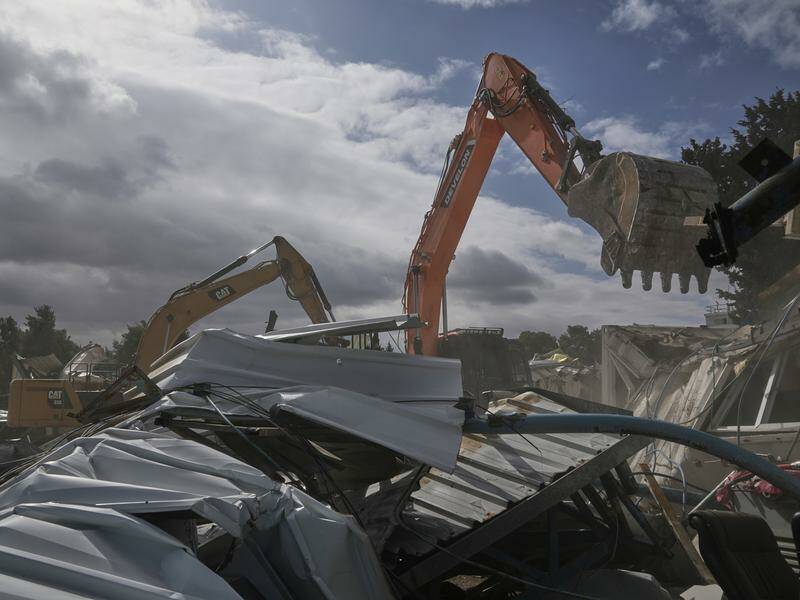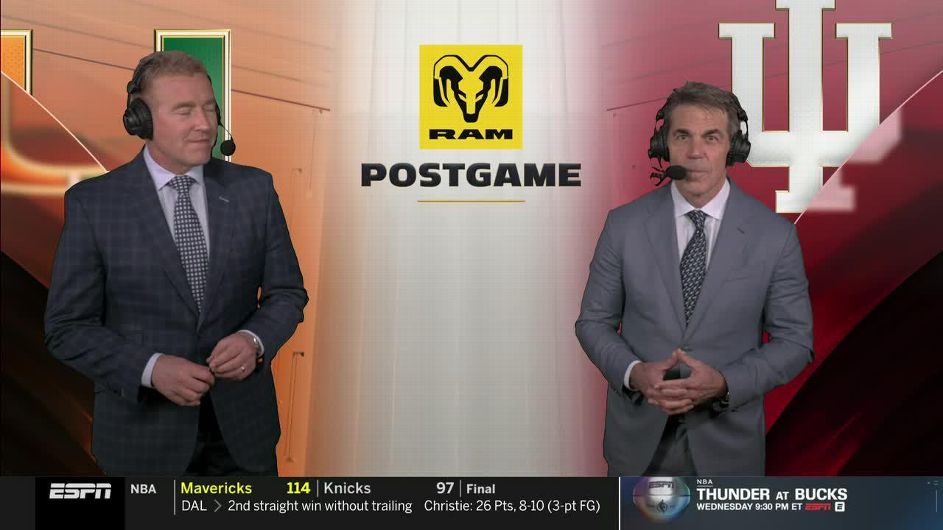
Australian Prime Minister Anthony Albanese has described his upcoming visit to Washington, D.C., as an “important opportunity” to strengthen ties between Australia and the United States. The Prime Minister will meet with President Donald Trump at the White House on March 15, 2024, amidst ongoing tensions regarding trade tariffs and defense agreements.
The meeting marks a significant moment in the Australia-U.S. relationship, occurring nearly a year after Trump’s historic re-election. Although the delay has been a point of contention for Albanese during international press conferences, a recent friendly encounter between the two leaders in New York helped ease some of the tension.
Key Issues on the Agenda
Both leaders will address pressing topics, including Australia’s exports, which are currently facing substantial tariffs. The Australian government has managed to avoid the harshest of Trump’s tariffs, but a baseline rate of 10 percent remains in place— the lowest of any country. Some sectors have been heavily impacted, facing tariffs as high as 100 percent on pharmaceuticals and 50 percent on steel and aluminum products.
Albanese will also push for assurances regarding the AUKUS defense pact, which involves a $368 billion agreement with the U.S. and the UK for Australia to acquire nuclear-powered submarines. Concerns have arisen from a Pentagon review that suggests delays in submarine production could jeopardize the agreement, leaving Australia without a critical component of its defense strategy.
As tensions in the Indo-Pacific grow, particularly due to China’s military expansion, the Prime Minister plans to emphasize the shared goal of maintaining peace and stability in the region. He stated, “Australia and the United States have stood shoulder-to-shoulder in every major conflict for over a century,” reflecting the historical alliance between the two nations.
Political Pressures and Expectations
The Prime Minister faces pressure from opposition leaders regarding the outcomes of his trip. Opposition Leader Sussan Ley recently outlined a set of expectations, emphasizing the importance of securing tangible results on AUKUS and trade tariffs. Ley highlighted the need for assurances about the four-way partnership known as the Quad, which includes Australia, Japan, India, and the U.S. This partnership is viewed as a strategic counterbalance to China’s growing influence.
Ley stated, “The Coalition expects the Prime Minister to raise the status of the Quad with the President to secure certainty about the timing and agenda of the next Quad leaders’ meeting.” There is an ongoing discussion about the Quad’s role in containing China’s economic and military ambitions, with Trump indicating that containing China will be a key focus of his administration’s foreign policy.
While Albanese has been criticized for not scheduling a formal face-to-face meeting sooner, Ley expressed her support, wishing him success in this pivotal meeting. “We wish the Prime Minister every success in his first formal meeting with the President,” she remarked, underscoring the significance of this diplomatic engagement.
As the Prime Minister prepares to embark on this crucial trip, he aims not only to address contentious issues but also to reinforce the longstanding alliance between Australia and the United States.







